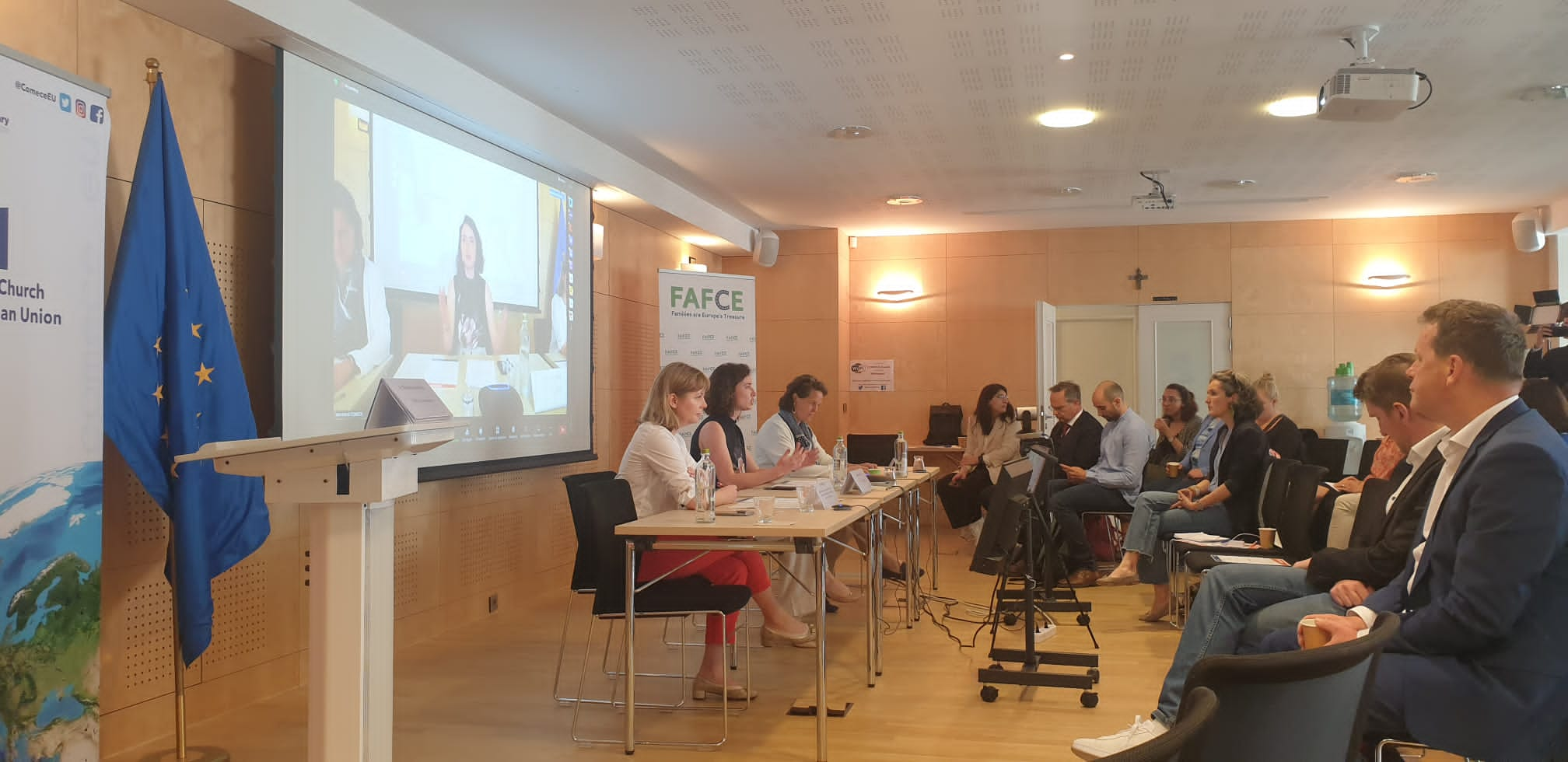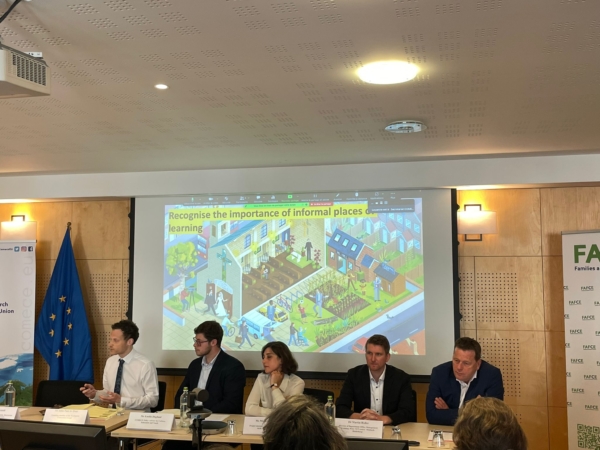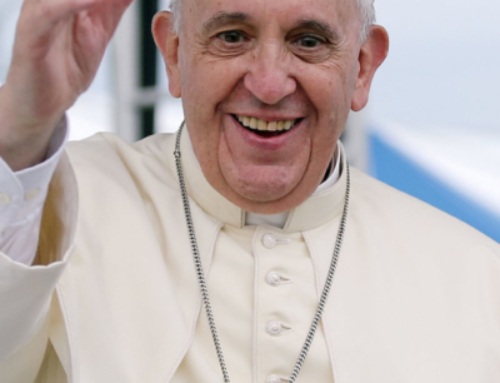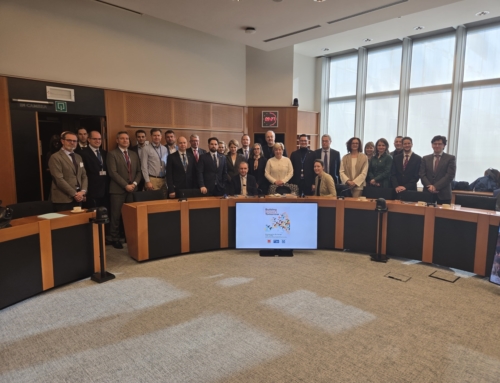2nd of June 2023
On the occasion of the European Year of Skills 2023, FAFCE and its partners organised on the 31st of May 2023 the dialogue conference: “Grounded in the Present, skilled for the Future”, addressing reskilling and upskilling in the context of the current challenges of the labour market and education in the EU.
The designation of 2023 as the European Year of Skills clearly aims to address the current situation of the EU labour market, responding to the shortage of skilled workforce across Europe. However, as stressed in his opening remarks by Fr. Miguel Angel García Morcuende, SDB General Councillor for Youth Ministry and President of DBI, “investing in skills means investing in people. Beyond the technical transfer of skills, education is a matter of heart”.
The event offered a space for a constructive dialogue amongst participants to understand skills far beyond competitiveness and employability. Three panels stimulated reflection on skills for the ecological conversion, the inclusiveness and responsibility of digital spaces, as well as informal skills learnt in the family and the role of vocational training in tackling social exclusion as part of the equation.
Mr. Carlo Scatoli, Senior Expert at the DG EMPL Unit Skills Agenda, introduced the European Year of Skills as a communication exercise aimed to change the general mindset on learning, increase investments on skills, including transversal skills, as tools that contribute to the development of the European social democratic model.
The first panel on ecological skills and digital skills saw the participation of Michela Zabaglia, Project manager in the European Year of Skills team, DG EMPL, John Paul de Quay, Founding member and project manager of the Ecological Conversion Group, and Martin Holler and Thorsten Ringwald from the Johannes-Diakonie Mosbach, with their project on inclusion and digital learning. They addressed the relevance of skills in matching aspirations and promoting social inclusion. An interesting focus was dedicated to the innovative paradigm of ecological conversion, as well as to the development of digital skills for people with disabilities.
The second panel on VET for technical skills and inclusion was led by Andrea Lapegna, Deputy Director, Lifelong Learning Platform – European Civil Society for Education and Ivan Toscano, Management Officer, CNOSFAP. Mr Lapegna addressed the need for transferable life skills and a holistic approach to lifelong learning that should include formal, informal and non-formal education, stressing the necessity to finance and implement education for its own sake and not for the demands of the labour market. Mr Toscano showed several good practices from the Salesian VET world, calling on stronger cooperation for better inclusion of disadvantaged learners and higher visibility of skills ecosystems that actively include civil society organisations and local stakeholders.
The last and third panel on the informal skills learnt in the family welcomed the contribution of Monika Arnaud, Belgium Responsible of the “Chantiers Éducation”, and Kinga Joó, International Advisor to the President of the National Association of Large Families (NOE), EESC Member and Rapporteur on the Opinion on The European Care strategy. They stressed the importance of families as informal places of learning for both grandparents, parents and children, and the need to recognise and value their informal care work.
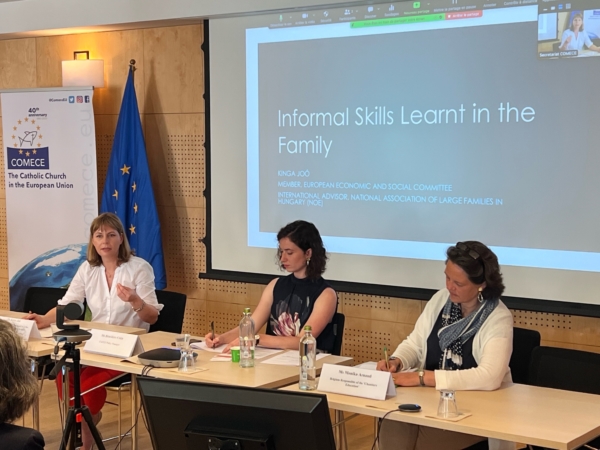
The event was concluded by FAFCE President, Vincenzo Bassi, and Fr. Manuel Barrios Prieto, COMECE Secretary General. Both of them emphasised the role of families and of faith-based organisations and Churches in fostering integral human development and promoting the dignity of each person in societies and communities alike: “we need to change the narrative and combine upskilling and jobs with education in a lifelong perspective to promote integral human development and the dignity of each profession”.
The conference was co-organised by COMECE, Don Bosco International (DBI) and the Federation of Catholic Family Associations in Europe (FAFCE), in cooperation with the Brussels office of Evangelische Kirche Deutschland (EKD) and the European Laudato Si’ Alliance (ELSiA).

